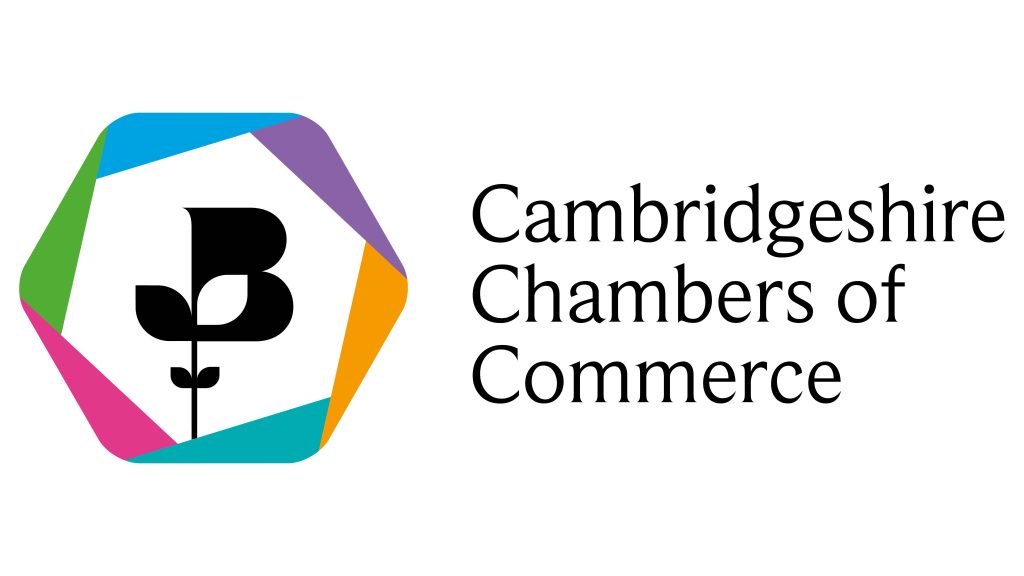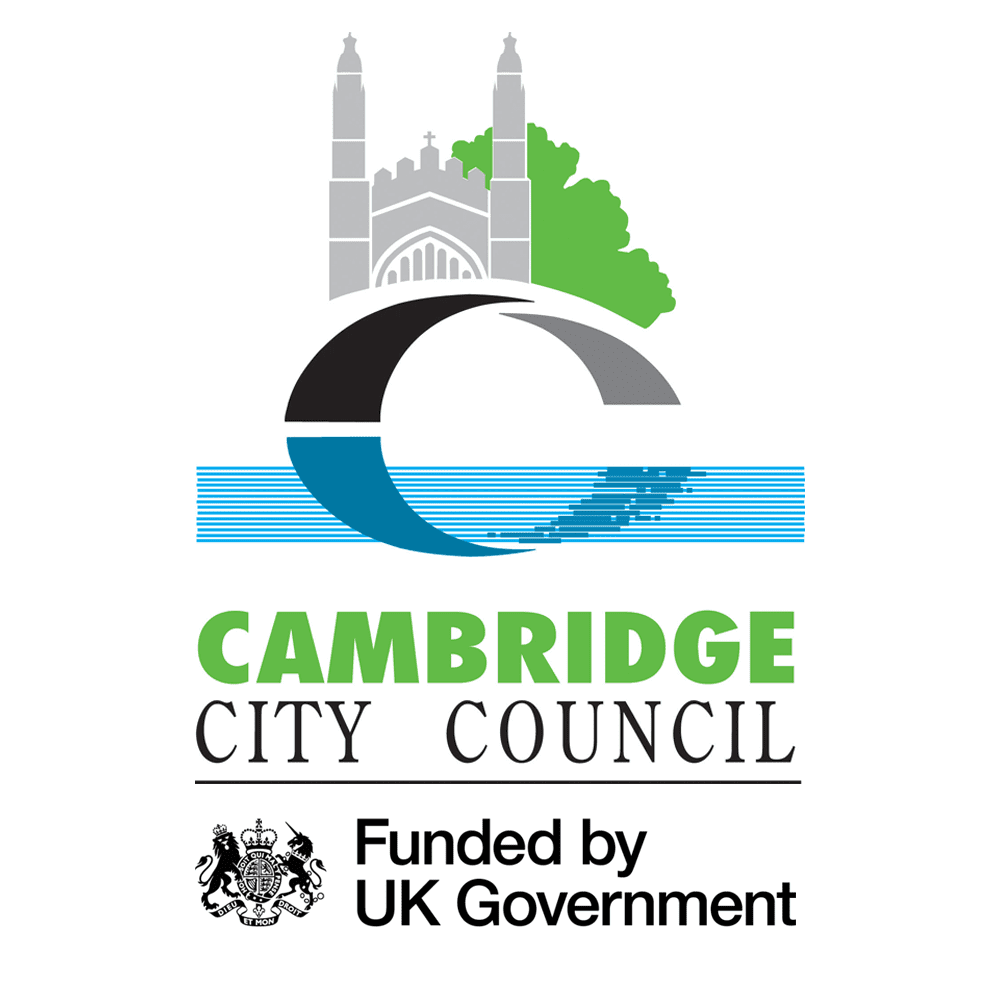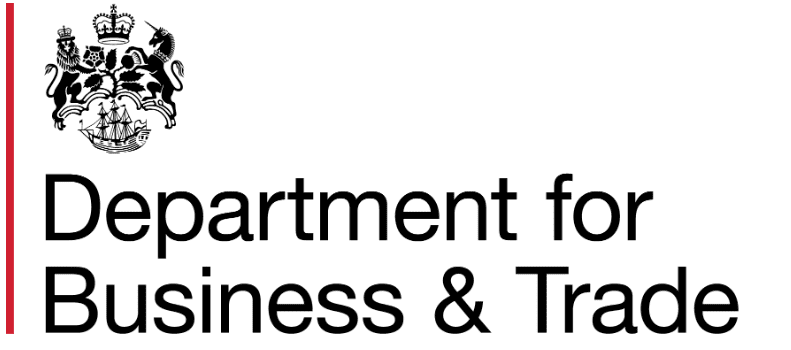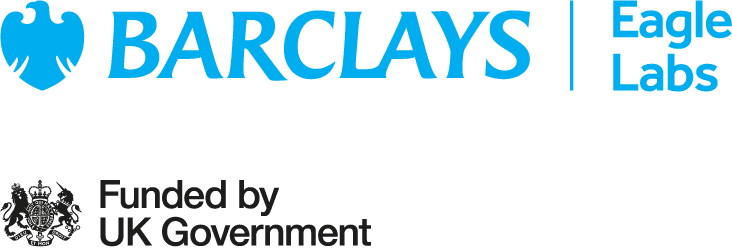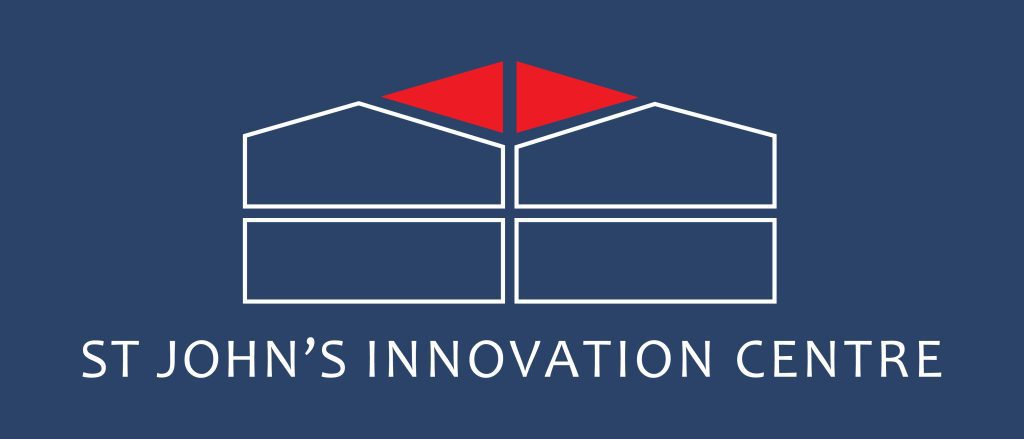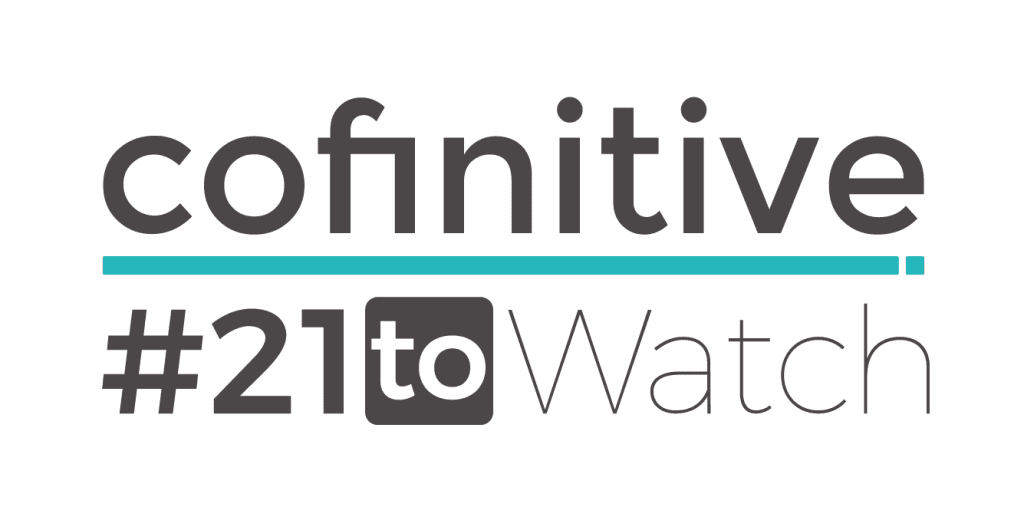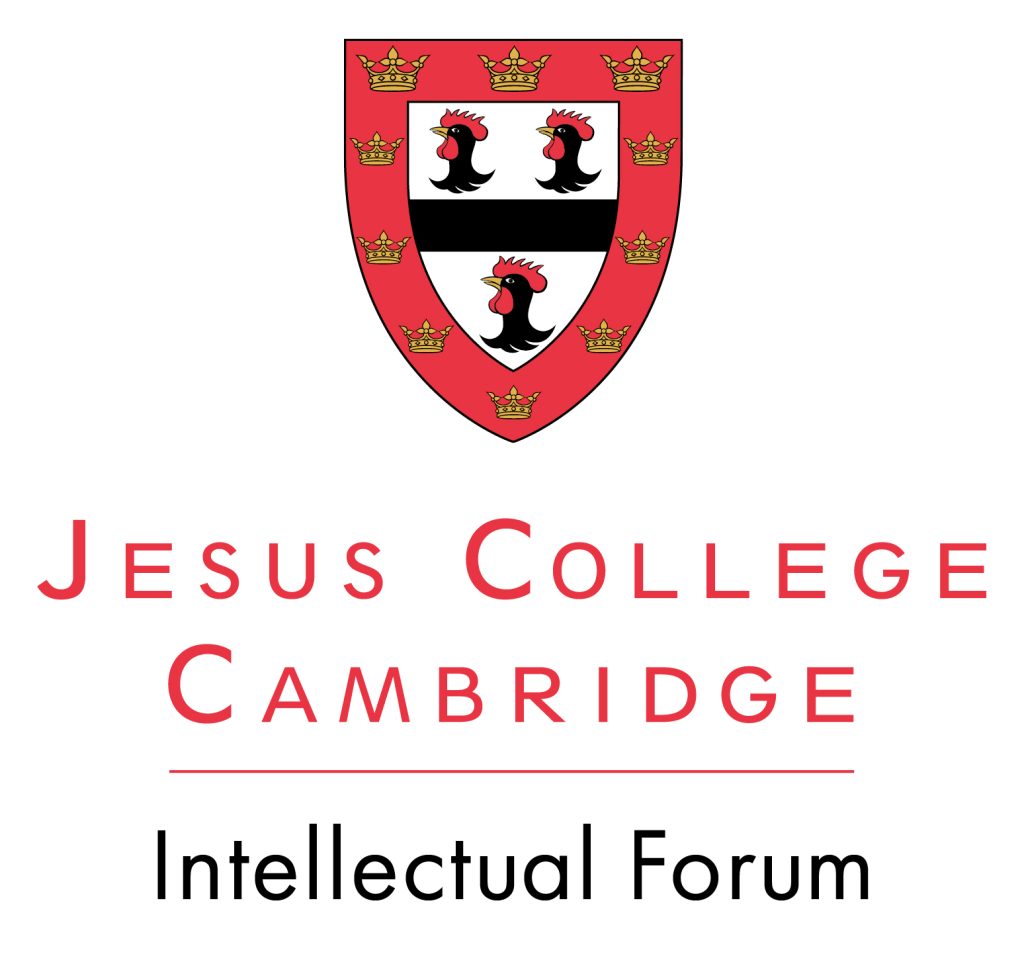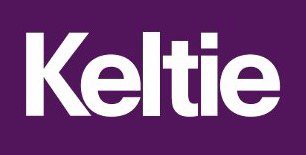Q&A with Marks & Clerk, sponsors of ‘Addressing the Black Talent Skills Gap in STEM’ roundtable at CTW
Why is Marks & Clerk sponsoring the ‘Addressing the Black Talent skills gap in STEM’ roundtable at Cambridge Tech Week?
Marks & Clerk is firmly committed to attracting, retaining and developing the most talented people, whatever their background may be. Attracting a more diverse workforce, and addressing the Black talent skills gap, not only in STEM, but also the intellectual property (IP) sector, forms a key part of our diversity goals. We aim to foster progress toward better representation in STEM by bringing business leaders together to share ideas and establish practical solutions.
Why has Marks & Clerk collaborated with Black Talent & Leadership in STEM?
For a number of years we have worked with an international manufacturing organisation to offer internships to students from underrepresented ethnic backgrounds. While the program has been successful, we recognized that it wasn’t reaching as broad an audience as we had hoped. Therefore, we were thrilled to be invited to join the Black Talent & Leadership in STEM Consortium. This initiative not only gives us greater visibility amongst students of Black heritage across the UK, but also provides valuable insights from our fellow members on how to better expand our reach and attract talent to the field of IP.
The collaboration with the initiative is already bearing fruit. We have worked with Black Talent and Leadership in STEM to advertise and recruit for our next intern who will join us in September 2024. Through this initiative, the intern will also have access to resources that will help them develop their skills and support their career development, which is a fantastic addition to our internship offering.
What is Marks & Clerk doing to broaden diversity in STEM?
Our internship programme is one of our key initiatives to increase ethnic diversity. It is often the first time STEM students have considered or even heard about working in IP rather than in a lab, or manufacturing environment for example. We hope that through the internship we can broaden people’s understanding of the variety of STEM roles available to them.
In recent years we have also expanded the number of universities we advertise our roles at. The IP industry has traditionally targeted Russell Group universities, which have historically had a narrow diversity range. Whilst these universities have good widening participation programmes, through advertising our roles at other universities that have a broader range of student backgrounds, we hope to attract more graduates from different socio-economic backgrounds and ethnicities.
We are also actively involved in IP Inclusive, the leading diversity initiative for the UK IP sector. Through their ‘Careers in Ideas’ programme, we are able to offer ‘insight events’ for students and graduates. Recently, we collaborated with them to educate university career departments and EDI organisations about the wide range of career opportunities in IP. It is essential that those advising STEM students are well-informed about all available career paths, not just the popular ones that are often oversaturated with applicants.
Why is diversity important in STEM?
It is well documented that greater diversity in any organisation brings with it greater innovation and creativity. Biases that have been shown to be present in medical research, or AI, for example, have been attributed to lack of diverse representation from those developing the technologies. For any organisation, particularly in STEM, variety of thinking and perspectives is what will drive technological change for the many, not for the few.
Having role models is also important for people within their careers. Where people can see themselves represented in an organisation, it fosters an understanding that they can take that career path too. With research showing that only around 8% of the STEM workforce come from ethnic minority backgrounds, if the STEM sector cannot retain Black talent at a senior level, we are in danger of a lack of role models. The STEM sector then risks being stuck in a cycle of ‘we can’t retain, and therefore we can’t attract’. It is down to organisations to understand why that number is so low, and what needs to be put in place to increase it. It is events such as this round table which will hopefully be part of the solution in driving this change.
If you are a c-suite leader and would like to be considered for an invitation to the Black Talent skills gap in STEM roundtable discussion, then please contact: info@cambridgetechweek.co.uk.
Find out more about Marks & Clerk.





